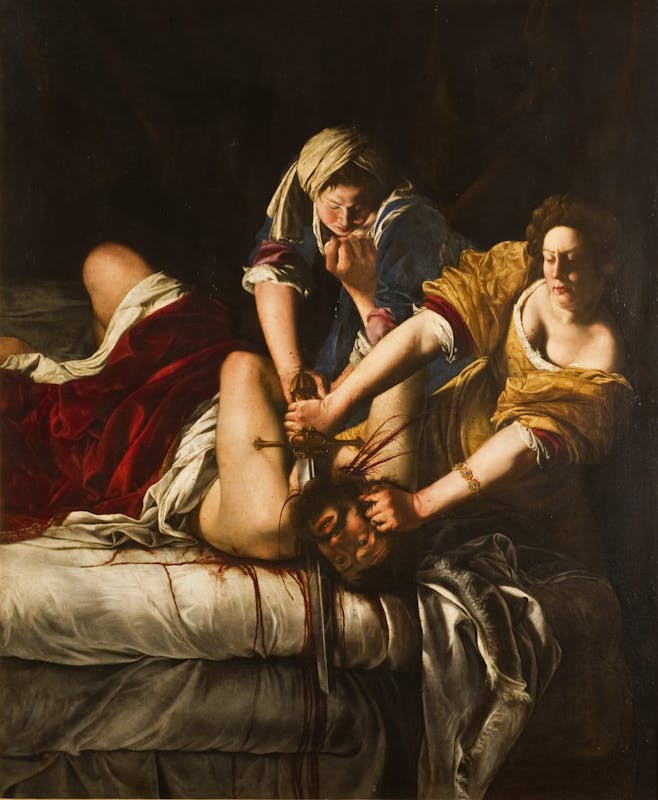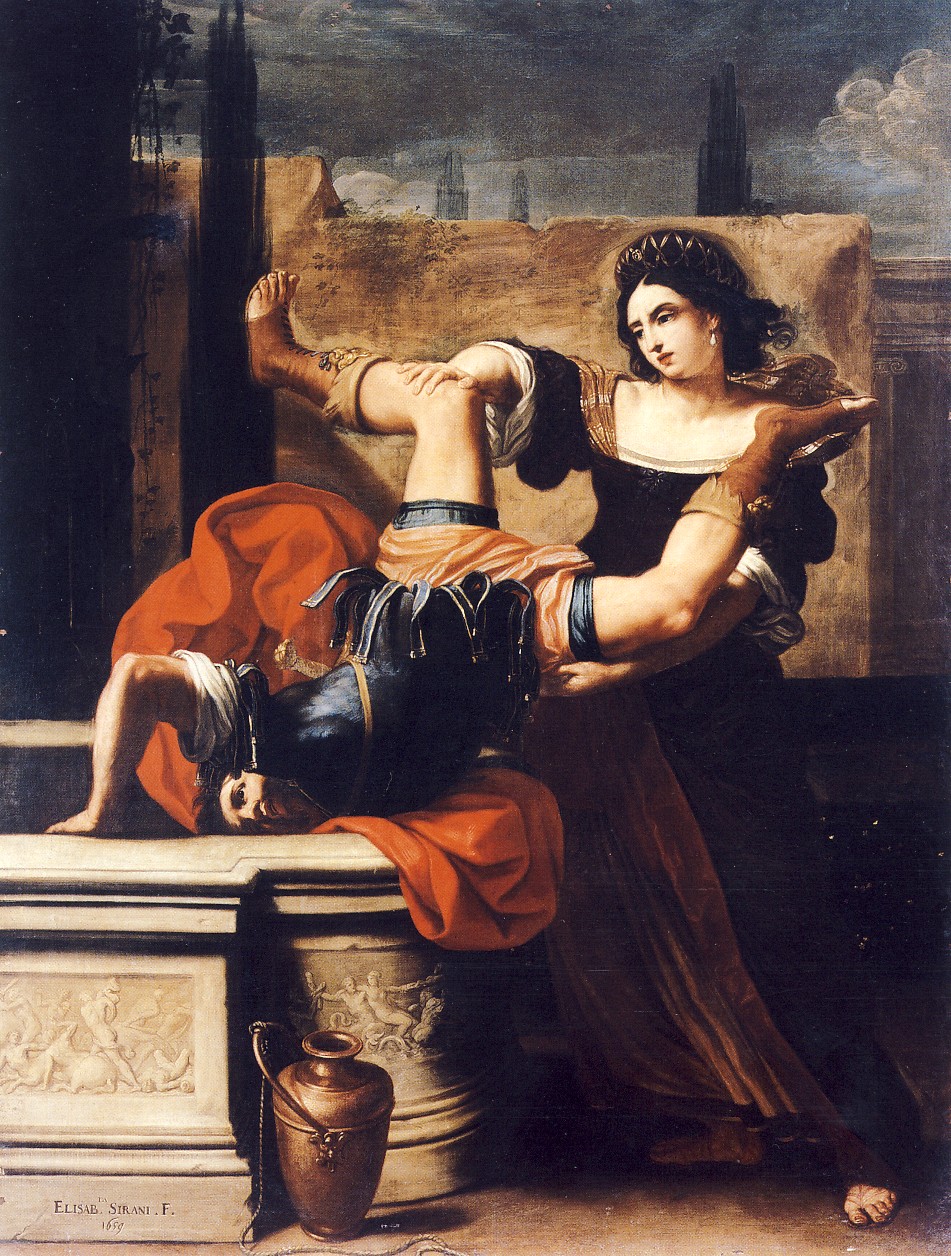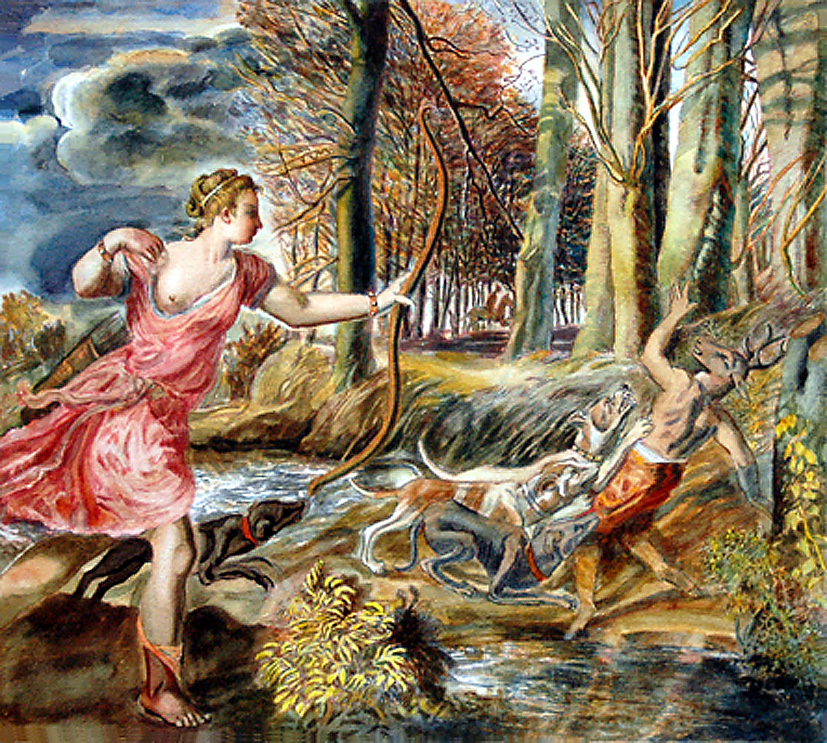I was listening to an episode of one of my favorite podcasts discussing the topic of estrangement. I should state the podcast looks at various topics from a Jungian Lens and in general I find it very interesting and helpful at times. The episode description didn’t state specifically that the hosts were looking at estrangement from one’s parents but this was largely the focus. The general message seemed to be: take caution when considering cutting off a parent and if a resolution can be reached, that should at least be taken into consideration. They discussed how painful estrangement from one’s child is for the parent which I think is fine but could have used a little more balance with the pain experienced by a child who comes to the decision that they cannot maintain any sort of a healthy relationship with their parent(s).
It made me think about my decision to go no-contact with my mom several years back and whether or not I had made the right decision. The hosts discussed how cutoff from a parent can cause cutoff in us from parts of ourselves deemed unacceptable. I think this is a good consideration because any part in ourselves that we completely reject will ultimately manifest in our lives again and again in ourselves and/or in those around us (e.g. cutoff anger may manifest as anger toward ourselves and/or an inability to stand up for ourselves and/or getting involved with people who also have an unhealthy relationship with anger). They talked about the importance of seeing our parents as flawed and limited people but didn’t really talk about how distance and separation can create enough safety for us to actually see ourselves as separate from our parents and allow us the time and space to develop compassion for ourselves and for them as flawed individuals.
I only came to be able to appreciate the gifts my mom gave me (a love of art, music, and literature and irreverence for patriarchal institutions) after a few years of no contact. Being a child in an extremely enmeshed relationship with their parent (what some of us think of as emotional incest), I needed distance and time to see the dynamics in the relationship clearly and to grieve and be angry for the girl and young woman who was used by her mother to fill the tremendous emptiness left by her relationship with her own mother. I don’t currently think of my mom as some monster but as an extremely limited individual with whom any type of relationship might not be possible.
The hosts talked about this realization and some sort of acceptance of our parents’ limited capacities and the consideration of a relationship with some boundaries. To me, this assumes that our parent is capable of having boundaries, which hasn’t been my experience. At this point, it seems as though my relationship with my mom was contingent upon me not having any boundaries whatsoever. The VERY FEW times I tried to assert a boundary with her, she reacted with rage and attack. My thought is, if your relationship with the person you’re estranged from requires that you have no boundaries, how can you have a boundaried relationship with them?
They also didn’t discuss that when we are adults, we get to decide what types of relationships we want to invest our time and energy into. If any type of gift or affection a parent gives has numerous strings attached, why should I invest my time and energy into that relationship? Because they are my parent? Because it’s so painful for them to be estranged from me? What makes it worth it on my end?
I don’t say this flippantly as I’ve considered it many times when I feel drawn to reach out to my mom. But every time I feel this draw, I remember that no matter what, there was always the implication that I was indebted to her (“After all I’ve done for you.”), constant denial of anything she could have done to contribute to my emotional and mental difficulties (and thus, an inability to ever apologize for anything), and a near constant need to be reaffirmed by me and a need for me to take on a parenting role with my brothers. And so I’m still left with the thought, if I wouldn’t choose to have a relationship with a friend or lover who treated me this way, why would I choose to have a relationship with a parent who treated me this way?
Perhaps they weren’t really considering that or the episode wasn’t long enough to really go into. They did mention briefly that they wouldn’t expect someone who’d suffered “egregious” abuse to return to their abuser but this wasn’t really elaborated upon. Again, I think it’s important that we allow for shifts in our thinking and feeling as well as our decisions, but I also think it’s good to be clear about what we are and are not willing to tolerate from others. We need to be able to weigh the pros and cons of being in relationship with someone, regardless of how we’re related. You’re not indebted to anyone except yourself.






